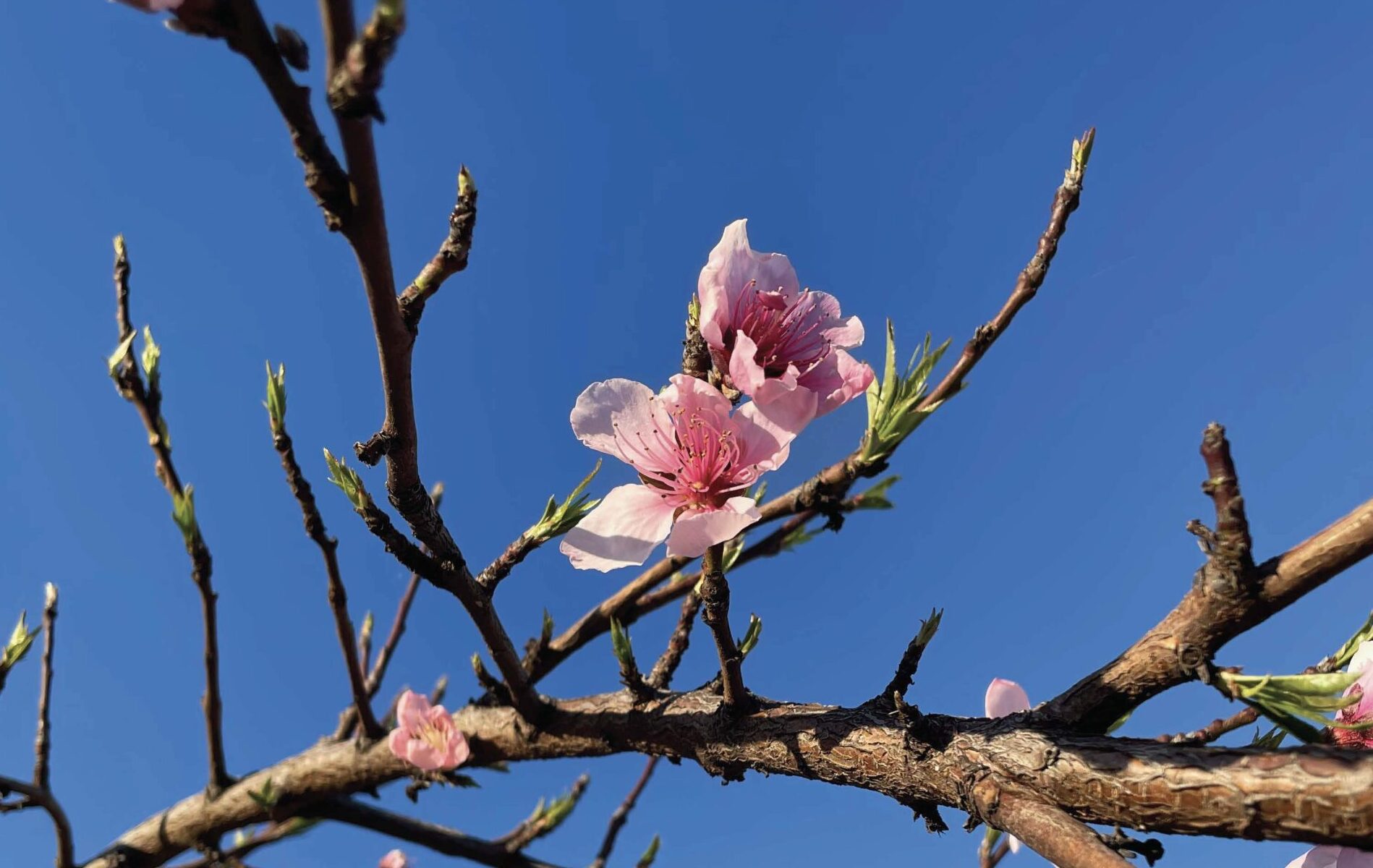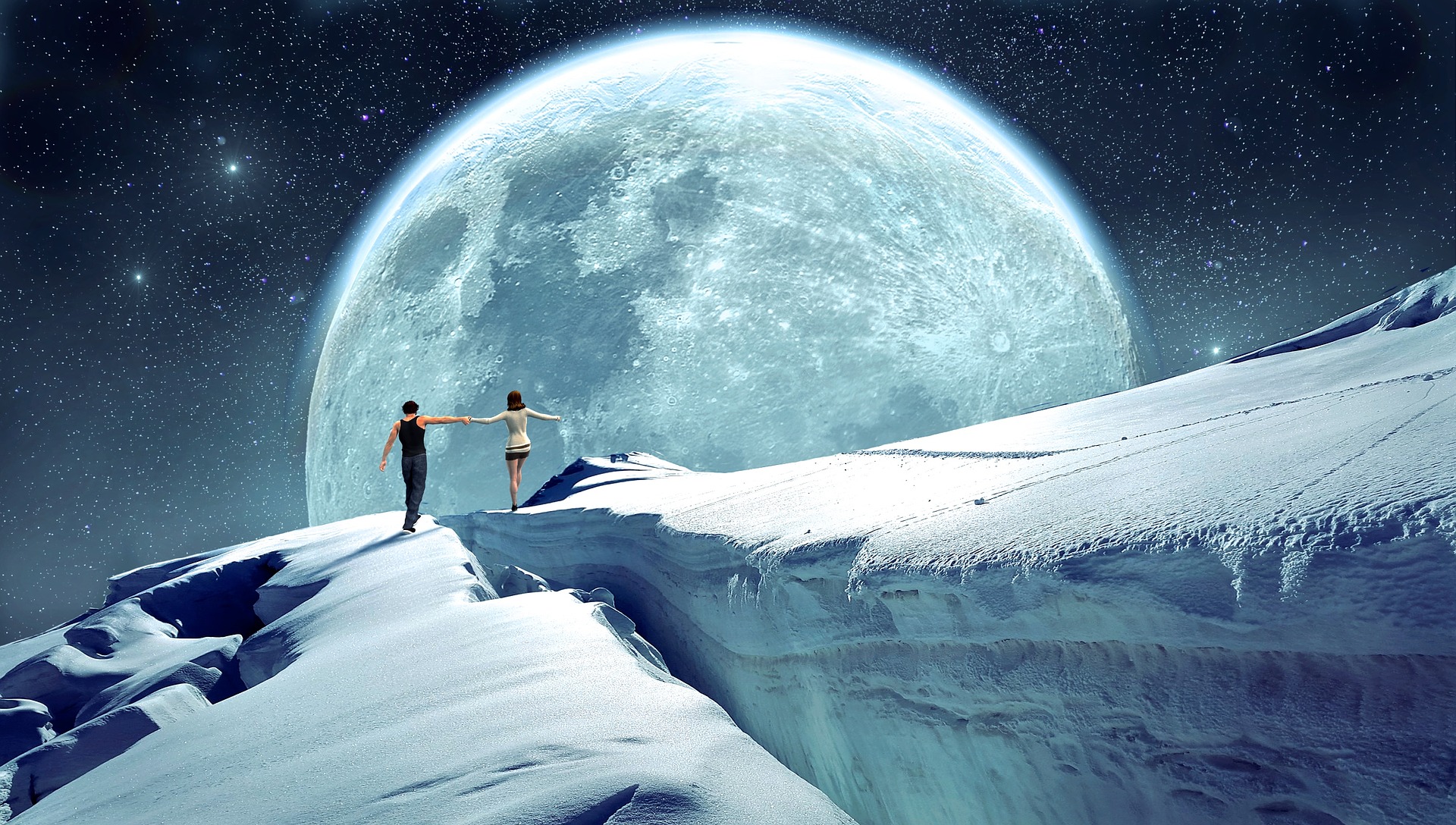It is not easy to live a good life. In fact, the difficulty of the task is what makes goodness worth pursuing. If you think it is easy to live well, you’ve misunderstood the nature of morality and the world. The anxiety of virtue is a fundamental feature of the project of living well.
A recent essay by Professor Travis Rieder in Time describes the present age as “morally exhausting.” Rieder says, “Modern life is morally exhausting. And confusing. Everything we do seems to matter. But simultaneously: nothing we do seems to matter.”
Rieder frets about whether drinking almond milk or driving an electric car does enough for the environment. He worries about whether it does any good to “boycott” artists by not watching them on Netflix. I don’t doubt that some people worry about such things. But we Americans are lucky that this is all we have to worry about. In Russia these days, moral courage can get you sent to Siberia or poisoned by the state.
At any rate, moral exhaustion and confusion are not bugs of modernity. Rather, this is a perennial feature of the pursuit of goodness. New technologies and new knowledge must be integrated into our moral lives. But it has always been difficult to be good.
Imagine, for example, the moral confusion of the followers of Socrates or Jesus, beloved leaders who were executed by the state. Or imagine the moral exhaustion of life in Nazi Germany or Cold War Eastern Europe. For that matter, imagine life today in Gaza, Haiti, or Russia. There are places on this earth where violence, deprivation and oppression threaten moral integrity as well as life itself.
From a historical vantage point, Professor Rieder’s worries about almond milk are quaintly bourgeois. The moral struggles of the American present pale in comparison to the struggles of our past. This continent has seen violent conflicts between colonizers and indigenous people. The American revolutionaries made a difficult moral choice to break away from their British cousins. And during the Civil War, neighboring states went to war over the morality of slavery and the identity of the Union.
Rieder uses his examples to point out that it often seems that individual choices have little impact on huge problems. This is true. Your individual dietary choices won’t stop climate change or change Hollywood. Nor will your single vote change the political dynamic of our country.
The fact of our smallness can lead to an existential crisis. It seems that nothing individuals do has much of an impact on the great big world. Recognizing your smallness can provoke anxiety and despair. It can also lead you to give up trying. If nothing you do will change things, then why bother?
But nihilism and neglect are forms of complicity. You should feel guilty if you stop trying to make things better. Your moral effort matters. You may not change the course of history. But your individual commitments are significant for you and for those who know you. History won’t remember your choices. But you have to live with them. Your friends will remember your words and deeds. Your life establishes a model for your colleagues and loved ones.
It can be tough to constantly worry about the morality of what you choose to eat, drive, watch and buy. It is also draining to worry about who gets elected, whether the wars we fund and fight are justified, and the daunting challenges of racism and climate change.
But the moral life is not supposed to be easy. It helps to develop good habits of ethical hygiene. You must practice kindness, gratitude, and truth-telling. It also helps to have good friends and mentors who keep you on the right path. But at the end of the day, each one of us has to choose what kind of life we want to live.
Luckily, most Americans are free to make these choices in a relatively stable environment. Even then, we all confront despair and anxiety. But morality requires tenacity and zest. It is hard work to live well. If you want to succeed in living well, it’s up to you to rise to the challenge.
Read more at: https://www.fresnobee.com/opinion/readers-opinion/article286716915.html#storylink=cpy




